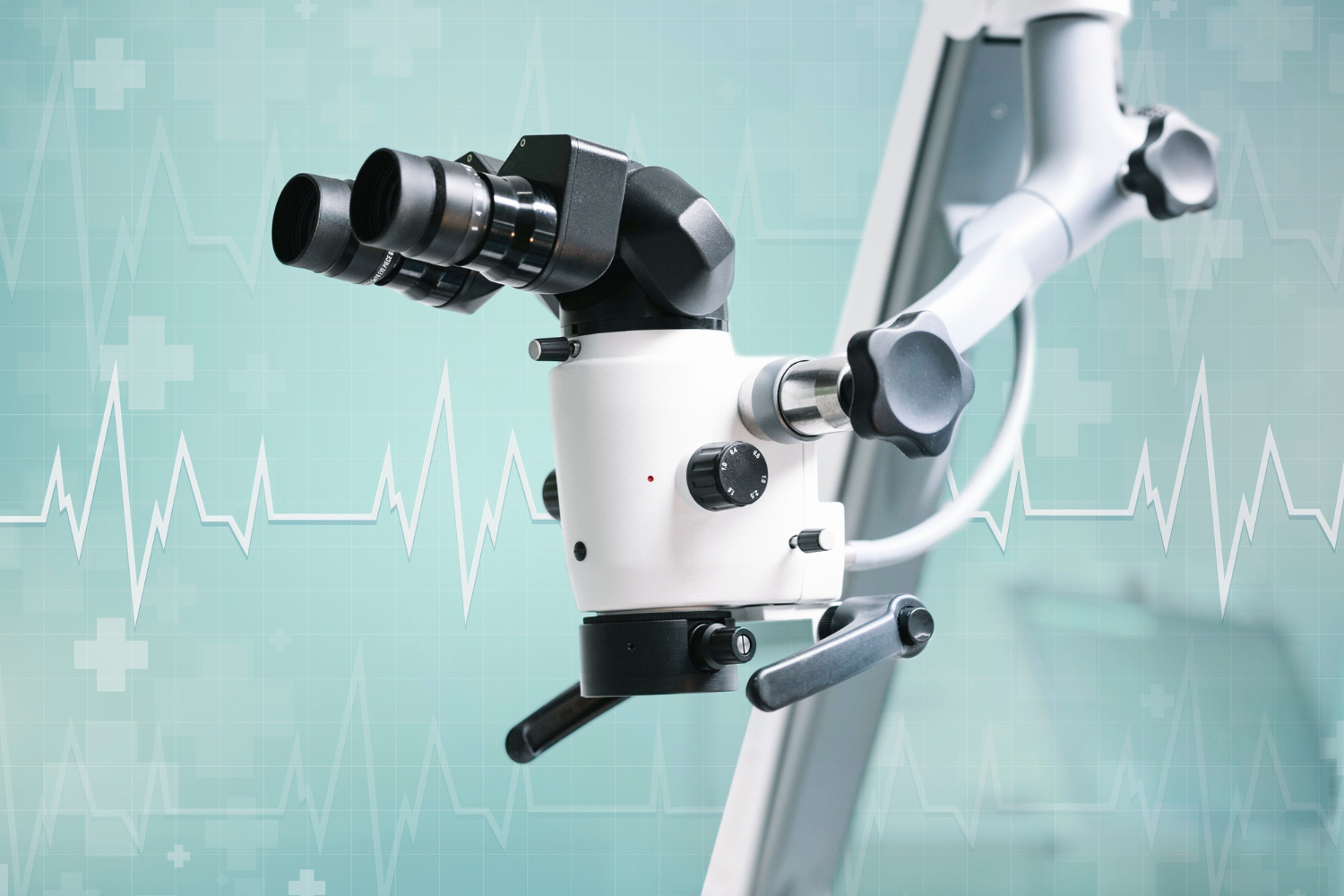In today’s era of advanced technology and digital transformation, AI in hospital workflows has become a cornerstone of healthcare development. This powerful technology is revolutionizing how hospitals operate and manage internal processes by improving administrative efficiency, streamlining clinical procedures, and enhancing the overall quality of healthcare services. In this article, we explore how artificial intelligence is driving the transition from traditional hospitals to smart hospitals that offer integrated, high-quality medical services.
The Impact of AI on Hospital Operations
AI represents a fundamental shift in how hospitals are managed and operated. By integrating digital technologies with medical expertise, hospitals can now access innovative, fast, and accurate solutions. AI in hospital workflows serves as a key enabler of progress in healthcare, allowing institutions to perform advanced data analysis, automate routine tasks, and provide intelligent diagnostic support.

This transformation not only enhances administrative and clinical systems but also fosters a more responsive and patient-centric environment. AI creates a smart healthcare ecosystem that prioritizes quality service delivery and adapts to patient needs efficiently. As technology and medicine converge, hospitals are entering a new era of smart care designed to meet modern healthcare standards.
Also get acquainted with: Revolution of AI in medical imaging
Enhancing Administrative Efficiency with AI
One of the most significant contributions of AI in hospital workflows is its role in improving administrative efficiency. AI automates repetitive tasks and reduces the burden on both medical and administrative staff, allowing them to focus more on patient care. These smart systems minimize human error and save valuable time, making hospital operations smoother and more effective. Some of the key administrative benefits include:
- Automated Scheduling: AI in hospital workflows in systems help optimize patient and staff scheduling. This reduces no-shows, improves time management, and ensures better resource allocation.
- Efficient Document Management: AI tools streamline medical record organization and retrieval, drastically cutting down the time spent on paperwork and ensuring data is readily accessible when needed.
- Accurate Billing and Medical Coding: By leveraging AI, hospitals can enhance the accuracy of billing and coding processes. This ensures compliance with standards and accelerates reimbursement procedures.
Revolutionizing Clinical and Diagnostic Processes
The role of artificial intelligence has expanded beyond administrative functions to significantly impact clinical and diagnostic operations. Today, AI in hospital workflows plays a vital role in analyzing medical images and clinical data with high precision, enabling early disease detection and supporting doctors in making accurate diagnoses.

AI-powered technologies enhance the diagnostic process by offering data-driven insights and treatment recommendations based on the latest clinical guidelines. These systems allow for the creation of personalized treatment plans tailored to each patient’s condition. Additionally, real-time monitoring tools powered by AI continuously track patients’ health status and alert medical teams to any sudden changes, allowing for rapid intervention when necessary.
Optimizing Patient Flow and Resource Management
Managing patient flow and hospital resources remains a major challenge, especially with the growing number of patients and increasing pressure on healthcare infrastructure. AI in hospital workflows contributes to solving these issues by streamlining operational efficiency through the following applications:
- Predictive Analytics: AI in hospital workflows and its systems can forecast patient admissions and discharges, allowing hospitals to plan ahead and optimize bed availability. This predictive capability helps prevent overcrowding and ensures a smoother care experience.
- Smart Bed Management: AI technologies enhance bed allocation by minimizing idle time and improving utilization rates, which contributes to delivering timely and effective care.
- Emergency Department Optimization: AI applications improve triage processes in emergency departments by prioritizing cases based on severity, significantly reducing wait times and ensuring patients receive immediate attention.
Enhancing Patient Experience and Communication
Patient experience is a core indicator of the quality of healthcare services and improving it has become a primary goal for modern smart hospitals. Today, AI in hospital workflows plays a vital role in strengthening communication between patients and healthcare providers by delivering personalized services tailored to individual needs. Smart systems can send appointment reminders, provide detailed treatment information, and help patients track their health status effectively.

AI-powered virtual assistants offer round-the-clock consultations, easing the burden on medical staff and ensuring continuous support for patients. Remote monitoring systems, driven by AI, allow healthcare teams to track patient conditions while they remain at home—enhancing care quality and reducing unnecessary hospital visits. These technologies support a more efficient, patient-centric approach to healthcare delivery.
You can read more about: The Future of AI in Healthcare: What to Expect
Financial Benefits and Future Challenges
AI in hospital workflows also offers tangible financial advantages. By automating repetitive manual tasks, hospitals can significantly reduce operational costs and improve financial performance. Minimizing human errors in billing and medical coding translates into substantial savings, eliminating the need for costly corrections or insurance disputes. Some studies suggest that AI implementation can reduce healthcare costs by up to 20% through shorter hospital stays, better resource management, and guiding patients toward optimal treatment pathways.
Despite these advantages, the road to fully integrated AI in hospital workflows isn’t without challenges. Data security remains a top concern, as hospitals are frequent targets of cyberattacks. Significant investments in cybersecurity infrastructure are needed to safeguard sensitive patient data. Moreover, integrating AI with legacy systems requires coordinated efforts and the development of flexible infrastructure to ensure seamless operation without disrupting daily workflows.

Another major challenge is staff adaptation. Healthcare professionals may view AI as a threat to job security or a reduction of human roles. That’s why it’s essential to implement clear change management strategies that involve staff at every stage, along with ongoing digital skills training to help them work effectively with emerging technologies. Ethical considerations must also be addressed—ensuring algorithm transparency and preventing bias in AI-supported decisions. Maintaining patient trust and fairness in care delivery is essential for successful implementation.
In conclusion, as healthcare continues to evolve, AI in hospital workflows is becoming a cornerstone of innovation and efficiency. To successfully adopt these technologies, institutions must equip their workforce with the right skills and knowledge.
This is where HSI Center for Healthcare Training and Consultation plays a key role. Offering specialized training programs in biomedical engineering, medical device design, healthcare software development, and smart hospital systems management, HSI empowers professionals to thrive in the era of intelligent healthcare. Backed by certified experts and tailored consultation services—join HSI now and begin your journey toward excellence in smart healthcare!
Source: The Power of AI in Streamlining Healthcare Workflows